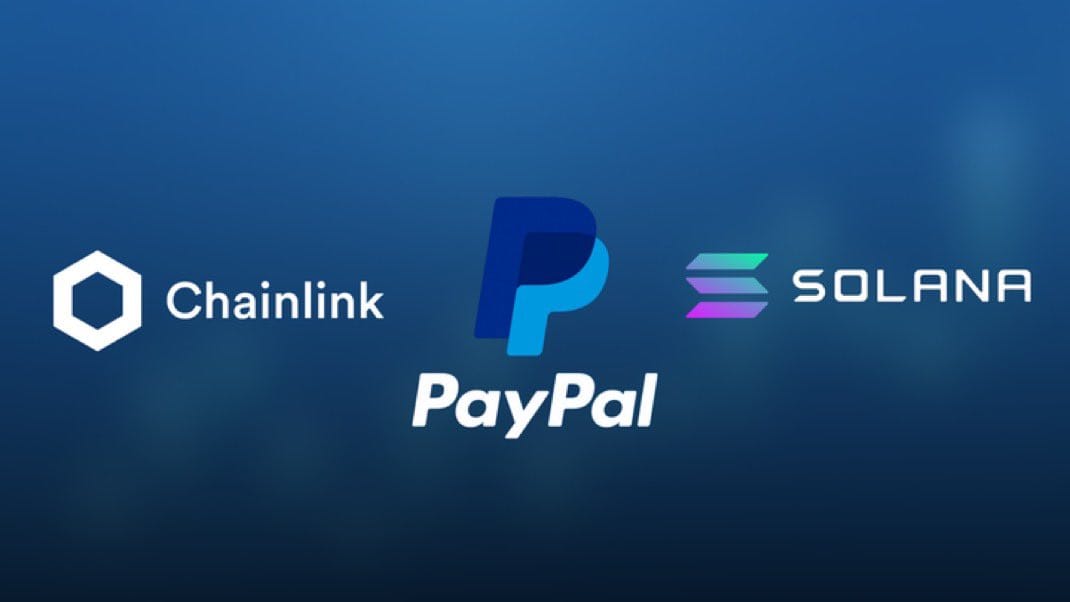PayPal Expands Crypto Offerings with Solana and Chainlink Support for U.S. Users

PayPal has taken a new step forward in its crypto journey by introducing native support for Solana (SOL) and Chainlink (LINK), allowing users in the United States and its territories to buy, sell, hold, and transfer these digital assets directly on the platform.
This development, quietly announced through updates to the company’s crypto FAQs page, marks the first time these two popular blockchain tokens have been fully integrated into PayPal’s ecosystem. The move signals a broader embrace of digital currencies by the financial giant, which has been steadily expanding its crypto services since entering the space over four years ago.
Previously, PayPal users interested in buying Solana or Chainlink were limited to purchasing these assets through MoonPay, a third-party crypto service provider, using PayPal as a payment method. Now, with direct support, the process becomes more seamless, eliminating the need for external platforms. Despite the update, market reactions have remained muted, with Solana and Chainlink prices showing little movement following the announcement, more than likely being overshadowed by the reciprocal tariff news. This suggests that while the integration is a notable milestone for PayPal, it has yet to spark significant ripples in the broader crypto space.
Stay In The Loop and Never Miss Important Crypto News
Sign up and be the first to know when we publishA Steady Evolution in Crypto Services
PayPal’s foray into cryptocurrencies began in October 2020, when it first rolled out support for Bitcoin, Ethereum, Litecoin, and Bitcoin Cash exclusively for U.S. customers. The initial offering was a cautious step, reflecting the uncertain regulatory landscape surrounding digital assets at the time.
Since then, the company has gradually widened its scope, most notably with the launch of PayPal USD in August 2023. This dollar-pegged stablecoin, built on both Ethereum and Solana blockchains, expanded the platform’s utility by providing users with a stable digital payment option alongside volatile cryptocurrencies.
The addition of Solana and Chainlink further diversifies PayPal’s portfolio, bringing in two assets known for their unique strengths. Solana, often praised for its high-speed transactions and low costs, has gained traction as a competitor to Ethereum, while Chainlink’s decentralized oracle network plays a critical role in connecting smart contracts to real-world data. By incorporating these tokens, PayPal positions itself as a more versatile player in the crypto space, appealing to a growing audience of digital asset enthusiasts.
The company’s measured approach to expanding its crypto offerings likely stems from the complex regulatory environment in the United States. Over the years, federal agencies have intensified scrutiny of the cryptocurrency industry, targeting exchanges, issuers, and other players with enforcement actions. This climate of uncertainty has made traditional financial institutions wary of diving too deeply into digital currencies. PayPal’s decision to integrate Solana and Chainlink now could indicate a growing confidence in navigating these challenges, or perhaps a belief that the regulatory tide is beginning to shift.

